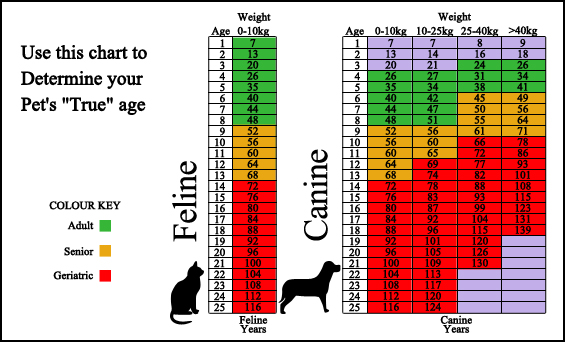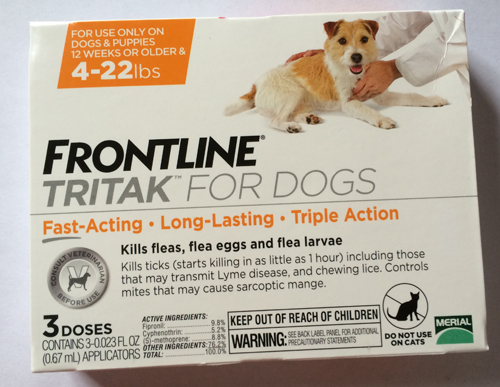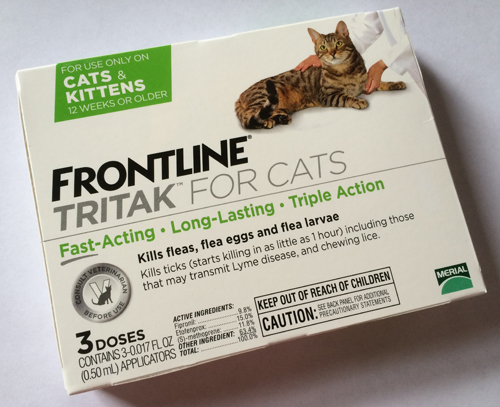Screenings
Why do our pets need surveillance screening?
Firstly, our pets can't speak, they cannot tell us if they feel off color or unwell or have any other indicators of internal illness. We need to examine them every 6 months as well as run some routine screening tests to detect underlying disease BEFORE it is clinically apparent.
Secondly, pets will actively mask signs of illness until late in the course of disease. This stems from survival instincts in a pack or colony situation.
Use the age chart below to find your pets age in "people" years and the screening testing recommended for each stage of his or her life.
We believe the following tests give us the best chance of helping your pet's live longer, healthier lives.
These are approximations and may vary by gender, species and breed.
|
Blue/
Lilac
|
Every 12 months - Baseline Blood Profile (a small blood test checking internal organ health)
Every 6 months - Urine Specific Gravity ( a urine test to check how well the kidneys concentrate urine - there is no charge for this test)
|
|
Green
|
Every 12 months - Annual Health Profile (a blood test checking red and white blood cell counts and a more comprehensive internal organ screen)
Every 6 months - Urine Specific Gravity
|
|
Yellow
|
Every 12 months - Senior Health Profile (comprehensive internal organ screen including Thyroid testing, electrolytes and red and white cell counts and urine specific gravity)
Every 6 months - Urine Specific Gravity +/- Urine Dipstick
|
|
Red
|
Every 6 months - Golden Years Health Profile (comprehensive internal organ screen including Thyroid testing, electrolytes and red and white cell counts)
|

 Vaccinations Vaccinations
When should my pet be vaccinated?
 Puppies & Kittens. Beginning at 8 weeks or older, vaccinations are administered every 3 weeks until your pet is approximately 16 weeks (4 months) of age or older. At this age your puppy or kitten is mature enough to mount a proper immune response to last them a full year. Puppies & Kittens. Beginning at 8 weeks or older, vaccinations are administered every 3 weeks until your pet is approximately 16 weeks (4 months) of age or older. At this age your puppy or kitten is mature enough to mount a proper immune response to last them a full year.
 Adult Dogs & Cats. Starting at approximately a year of age and throughout adulthood, core vaccines are administered every 3 years, with some exceptions. Adult Dogs & Cats. Starting at approximately a year of age and throughout adulthood, core vaccines are administered every 3 years, with some exceptions.
What vaccines should my pet receive? Well, that depends on your pet's lifestyle and environment! There are no "blanket" recommendations for all pets, but in general it is recommended that, as adults, pets receive their core vaccinations every 3 years. We will discuss this with you and formulate a proper vaccine plan for your individual pet's needs.
Core vaccines. These are the basic vaccines recommended for most all pets. They include Rabies and Distemper (DA2P for dogs, and FCVRP for cats).
Non-core (optional) vaccines. For dogs, these include; Kennel Cough (Bordetella), Lyme disease, Leptospirosis, and Influenza. For cats they include Feline leukemia and Feline infectious virus.
For more information on pet vaccines please see the link: Vaccine Information for Dogs, Cats, Puppies and Kittens
 Parasite Control Parasite Control 
Topical parasites: fleas, ticks, and ear mites.   For most dogs and cats, the topical "spot-on" products provide safe and effective control of surface parasites. Other oral products are also available. Call us to ask which product would be best suited for your pet. For most dogs and cats, the topical "spot-on" products provide safe and effective control of surface parasites. Other oral products are also available. Call us to ask which product would be best suited for your pet.
Check out these links for more information about flea and tick products: for Strategies to Control Fleas: Flea Control For Dogs and Cats and for information on all the different Flea Products available: Flea and Tick Products for Dogs and Cats
Yikes!!! My dog/cat has fleas! What do I do now?  The general strategy to get rid of a flea infestation is to treat all the pets in the household at the same time and treat the house. A good general plan for healthy pets is to (1) give each pet in the household an oral Capstar tablet once a week, and apply a topical Frontline-Gold dose monthly, (2) launder all pet beds, and (3) once a week vacuum inside the house thoroughly and apply a carpet spray that will kill the flea egg and cocoon stages. Pets can also be bathed during the period between applications of the Frontline-Gold. The general strategy to get rid of a flea infestation is to treat all the pets in the household at the same time and treat the house. A good general plan for healthy pets is to (1) give each pet in the household an oral Capstar tablet once a week, and apply a topical Frontline-Gold dose monthly, (2) launder all pet beds, and (3) once a week vacuum inside the house thoroughly and apply a carpet spray that will kill the flea egg and cocoon stages. Pets can also be bathed during the period between applications of the Frontline-Gold.
This link is a must watch if you are battling a flea problem: (INSERT LINK: youtube.com/watch?v=Grs_NDBRc9U)
 Spay & Neuter Spay & Neuter 
Why should I have my pet spayed/neutered? Spaying and neutering pets obviously prevents unwanted litters and curbs the excess pet population. But, these procedures will also help to prevent potential dangerous health conditions from developing in your pet. They can also head off unwanted behavioral issues.
When should my pet be spayed/neutered?
For Dogs,  ... the recommendations have changed over the years! Current recommendations are to let them mature through puberty before spaying/neutering them. Recent studies have shown that spaying and neutering dogs too early can predispose them to developing musculoskeletal diseases, immune-mediated conditions, and even some forms of cancer. So, in general the current recommendations are; ... the recommendations have changed over the years! Current recommendations are to let them mature through puberty before spaying/neutering them. Recent studies have shown that spaying and neutering dogs too early can predispose them to developing musculoskeletal diseases, immune-mediated conditions, and even some forms of cancer. So, in general the current recommendations are;
small breed dogs can be spayed/neutered between 10 months and 1 year,
medium to large-sized dogs can be spayed/neutered at 1 year of age, and
giant breed dogs can be spayed/neutered at 1 1/2 to 2 years of age.
For Cats,  ... cats can be safely spayed/neutered anytime after 6 months of age or older. ... cats can be safely spayed/neutered anytime after 6 months of age or older.
For more information on spaying and neutering your pet please check out these links:
Spaying your female dog
Spaying your female cat
Neutering your male dog
Neutering your male cat
|